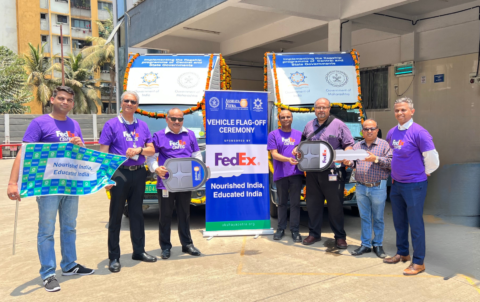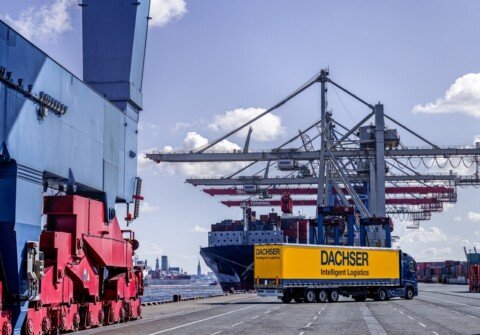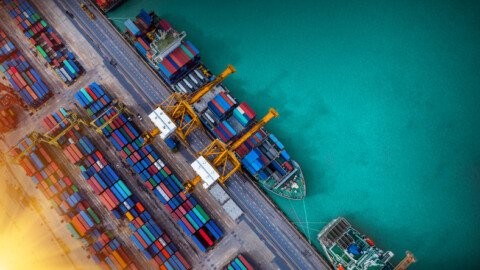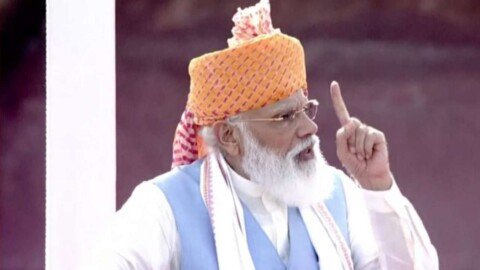The International Maritime Organisation (IMO) and the Maritime and Port Authority of Singapore (MPA) have launched the NextGEN web portal, an online collaborative global ecosystem of maritime transport decarbonisation initiatives.
The tool is meant to bring stakeholders together to identify the gaps and opportunities for decarbonisation in the international shipping community.
It has been developed to serve as a circle of collaboration and a single portal to bring different stakeholders involved in maritime decarbonisation projects.
These include ports, governments, companies, research institutes, to share knowledge on low- and zero-carbon fuels.
IMO secretary-general Kitack Lim said, “The single biggest challenge we face is the battle against global warming and climate change.”
“We need more collaborative action to speed up research into emission-cutting technology in the maritime sector and into zero- and low-carbon marine fuels. Above all, we need to make sure we leave no one behind.”
Quah Ley Hoon, Chief Executive of the MPA stated, “We cannot tackle decarbonisation alone. We need to work together, across borders and value chain, to build capacity, share best practices and ensure a level playing field for all. By bringing ideas and stakeholders together, NextGEN builds on the key principle of inclusivity.”
The Initial IMO GHG Strategy, adopted in 2018, has set the target to reduce greenhouse gas (GHG) emissions from international shipping by at least 50% by 2050 compared to 2008. A revised strategy is set to be adopted by 2023.
The IMO has noted that information sharing and knowledge sharing will be “critical” to dealing with the challenges the maritime sector faces in reaching decarbonisation targets, given the current levels of technological development in low and zero-carbon fuels.
NextGEN aims to encourage information-sharing, create critical networks and opportunities for collaboration, and facilitate capacity-building.
By showcasing a range of maritime decarbonisation projects on a single platform, its founders hope the portal will serve as a focal point and reference tool for public and private stakeholders.
Currently, the portal encompasses over 140 projects spanning over 500 partners, 13 fuel types. Regions covered include Africa, the Caribbean, Latin America, the Middle East and the Pacific Islands.







